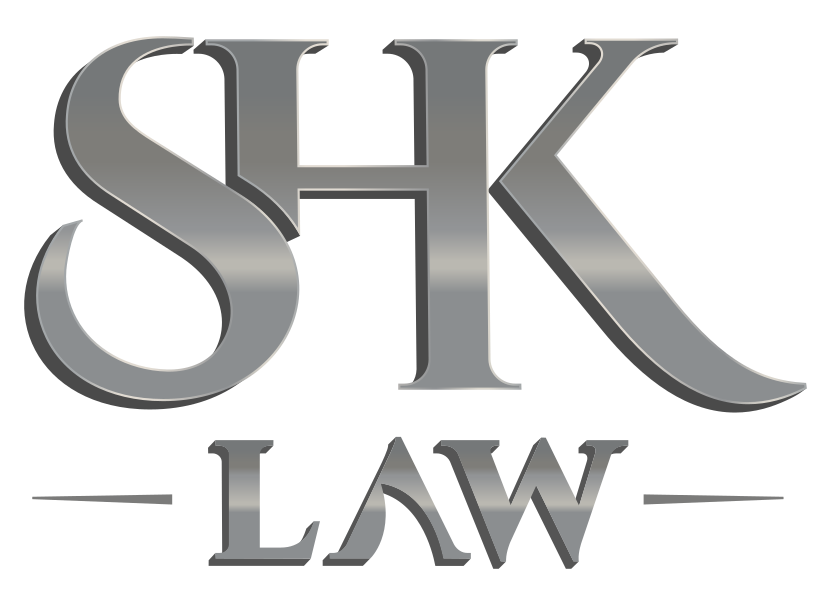Jeremy Robinson Discusses Conflicting Court Decisions on Employer Liability
Districts Split on Scope of Respondeat Superior Liability
Imagine you’re the managing partner at a law firm. One Saturday morning, you learn that the night before, one of your employees left work and later crashed into and killed an innocent driver. You’re horrified by the death, of course. But you’re also worried that your firm may be on the hook for the resulting damages.
Even if you’re not completely up to speed on respondeat superior law, you know the “going and coming” rule that normally bars employer liability for employee commutes is riddled with exceptions.
What questions do you ask? The first, and probably most obvious, is: Was the employee drunk? If so, where did they get or drink the alcohol? If the answer is “at work,” the firm is potentially in trouble, and you might want to rethink your alcohol policy.
The Impact of Purton v. Marriott International, Inc.
So holds the recent case of Purton v. Marriott International, Inc., 218 Cal. App. 4th 499 (2013). In Purton, an employee attended a holiday function, got drunk with both his own booze and some supplied by Marriott, drove home, made it home, but then left to drive someone else home and caused a fatal crash because he was still intoxicated.
Marriott argued that once the employee made it safely home, any potential liability Marriott may have had was cut off. However, the appellate court didn’t see it that way and reversed the summary judgment, stating:
“There is no reasonable justification for cutting off an employer’s potential liability as a matter of law simply because an employee reaches home.”
In response to Marriott’s complaints that the decision effectively requires employers to escort employees home from parties, the court said Marriott “created the risk of harm at its party by allowing an employee to consume alcohol to the point of intoxication.”
This is the “instrumentality of danger” approach espoused by a number of courts. The premise is simple: If your employee does something in the course and scope of their employment that makes them an “instrumentality of danger” (like getting drunk), you, the employer, remain responsible for the employee’s torts until that condition wears off—even if the employee makes it home and leaves again.
The lesson: If you don’t let employees get drunk at employer events, there will not be a problem.
The “Required Vehicle” Exception and Conflicting Decisions
But let’s suppose our hypothetical employee was not drunk. Then we get to whether you require the employee to make their own car available for work, and where you’re located.
If you do require your employee to use their vehicle for work, two recent published cases suggest your liability in the event of an accident may turn on which appellate district you draw:
- Moradi v. Marsh USA, Inc., 219 Cal. App. 4th 886 (2013) from the 2nd District Court of Appeal.
- Halliburton Energy Services, Inc. v. Department of Transportation, 220 Cal. App. 4th 87 (2013) from the 5th District Court of Appeal.
Both involve what has come to be known as the “required vehicle” exception to the “going and coming” rule. This exception holds that if the employee is required to use their personal vehicle for work or has agreed to make the vehicle available as an accommodation to the employer, the “going and coming” rule does not apply, and employers can be liable under respondeat superior for employee crashes during their commute.
Comparing Moradi and Halliburton
In Moradi, the employee, a salesperson who used her car for various employment tasks, left work to stop for frozen yogurt and attend a yoga session before going home. She planned to use her car for business travel the next day. While going to the yogurt store, she was involved in an accident. The court reversed summary judgment for the employer, holding that the employer could be liable.
In contrast, Halliburton involved an employee who was driving his employer’s vehicle and was returning to work from a personal errand (having lunch with his wife and trying to help her buy a car). He lost control of the truck, causing an accident. The court affirmed summary judgment for the employer, finding no liability.
The courts reached opposite conclusions. The court in Halliburton even acknowledged the Moradi decision in a footnote but did little other than say, “yeah, there’s also that case.” This discrepancy makes it hard to reconcile the two cases and, unfortunately, doesn’t provide much helpful guidance to managing partners.
Navigating Employer Liability with SHK Law
At SHK Law, our attorneys, including Jeremy Robinson, understand the complexities surrounding employer liability in vehicle accidents. We stay updated on the latest court decisions to provide you with informed and effective representation.
Read the full article on the Daily Journal: Districts Split on Scope Respondeat Superior Liability
Contact Information
For inquiries about employer liability or to discuss your case with Jeremy Robinson and the SHK Law team, contact us for a free case evaluation
- Phone: Call us at 818-960-0011
- Online: Contact us online
About Jeremy Robinson
Jeremy Robinson is an award-winning attorney with over 27 years of experience dedicated to mastering legal research, writing, and strategy. Recognized as Consumer Advocate of the Year in 2021 by the Consumer Attorneys of San Diego for his precedent-setting success in Bolger v. Amazon.com, Jeremy has made significant contributions to product liability law. His work has garnered attention from major media outlets like Bloomberg, The Washington Post, The New York Times, USA Today, and CNBC. Jeremy continues to influence the legal landscape through his writing, speaking engagements, and dedication to his clients.


